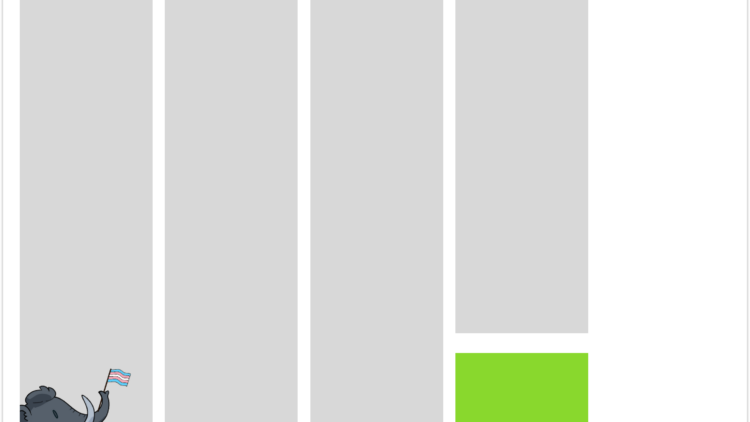[INTERVIEW] EU DisinfoLab
EuDisinfoLab is a Belgian NGO specialised in investigative disinformation campaigns
What does EU DisinfoLab do?
Alexandre Alaphilippe, executive director of EU DisinfoLab: “EU DisinfoLab is a non-for-profit organisation based in Brussels. We are a research organisation who observes disinformation narratives and tactics, sometimes exposing the malicious actors behind it. But we also serve as a European hub of knowledge, highlighting relevant research done by other organisations and making sure European policy-makers better grasp what disinformation is and its consequences on our society.”
Why is EU DisinfoLab collaborating in the CrossOver-project?
Alexandre: “Based in Belgium, we were always worried about the fact that our home country was not extensively covered by disinformation initiatives. A few popped out over the past years in Flanders, for instance, but Belgium lacked a cross-community initiative. This is why we decided to assemble a great team of experts that could solve this issue.”
What will EU DisinfoLab do in the CrossOver-project?
Alexandre: “EU DisinfoLab is the coordinator of CrossOver, making sure our projects serve the community and provide added value to the public in tackling disinformation. We will also support efforts in investigating disinformation, through open-source investigation or through our expertise in international disinformation trends we regularly observe.”
How do you think we should tackle disinformation?
Alexandre: “Disinformation is a multi-faceted millennial issue, with no silver bullet to kill it. It is a collective responsibility to address the root causes for it, such as inequality, the world complexity or societal fears. But we also have to address the structural issues that are enabling or fostering disinformation, which include the digital architecture of the information ecosystem, including algorithmic recommendation systems.
No single actor, even the wealthiest one, can solve this alone. We need a combination of efforts, actions, initiatives, in multiple languages and communities. At our level, we designed CrossOver as such an initiative, doing its small part of a collective effort.”
CrossOver is a cross border and a multilingual project. How do you cope with those challenges?
Alexandre: “This is undeniably the most exciting and difficult challenge we face. Belgium is a perfect example of a cross-language and cross-community country. We have 3 official languages and Belgium hosts one of the most international and influential bodies with the European Union or NATO. Therefore, people living in Belgium are coming across many different cultures. We built a very European team, to be able to grasp these cultural nuances.”
![[INTERVIEW] EU DisinfoLab](https://crossover.social/wp-content/uploads/2021/12/EU-Disinfo.png)
![[INTERVIEW] Apache](https://crossover.social/wp-content/uploads/2021/12/Apache-750x422.png)
![[INTERVIEW] Savoir*Devenir](https://crossover.social/wp-content/uploads/2021/12/Savoir-Devenir-750x422.png)
![[INTERVIEW] Check First](https://crossover.social/wp-content/uploads/2021/12/Check-First-750x422.png)
